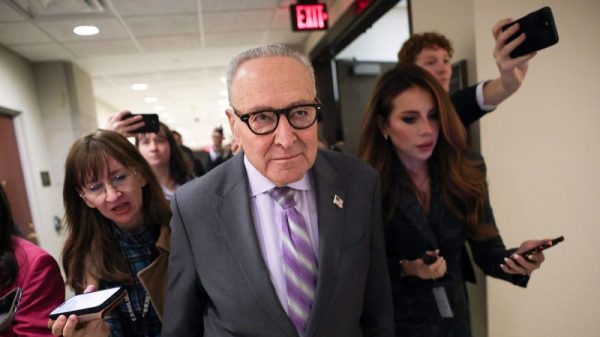The United States Department of Agriculture (USDA) has proposed an experiment in which it will provide additional benefits to Supplemental Nutrition Assistance Program (SNAP) recipients who purchase more fruits and vegetables. Named the Electronic Healthy Incentive Projects (eHip), the well-meaning programs are intended to encourage people on low-incomes to eat more healthy foods (MHFs). (No, I made that last one up.)
As almost every endeavor undertaken by the government will demonstrate, well-meaning intentions that are funded via the force of law often go amiss — at best, achieving less than hoped, and at worst, achieving the opposite of what was intended. One of the major forces that perverts well-intended government programs is regulatory capture. Once the government commits taxpayer money to an endeavor, entrepreneurs and established businesses come out of the woodwork to grab a piece of the pie. eHip will cause food producers to throw a token amount of fruits or vegetables into their existing products, thus qualifying their products for the “fruit and vegetable” subsidy. Bet on it.
To many this may seem like a good idea. After all, a diet rich in fruits and vegetables is essential for maintaining good health. Upon closer examination, however, it becomes clear that this proposal is a classic example of government overreach and is likely to do more harm than good.
The first problem with the USDA’s proposal is that it is based on the faulty assumption that people will make healthier food choices if they are paid to do so. But this is not how human behavior works. People make food choices based on a variety of factors, including taste, convenience, and price. Simply paying people to eat more fruits and vegetables is unlikely to change these underlying factors.
But on whose behalf is the government overreaching, anyway? This seems like yet another version of the government’s “helping people to make healthy decisions” story, but the USDA is tasked with promoting the interests of American farmers. Could we be seeing yet another vested interest manifest in government?
It’s also important to consider the USDA’s track record when it comes to providing dietary advice. The food pyramid is a perfect example of how the USDA’s dietary advice can be influenced by special interests. The food pyramid recommended a diet that was high in carbohydrates, you might recall. Cue the obesity and diabetes.
Beyond all this, the USDA’s proposal is self-contradictory. The USDA’s mission statement is to “provide leadership on food, agriculture, natural resources, and related issues based on sound public policy, the best available science, and efficient management.” Paying people to eat more fruits and vegetables is well out of line with this. It is not sound public policy, it is not based on the best available science, and it is not efficient management.
And it’s stupid, but let’s not quibble.





































